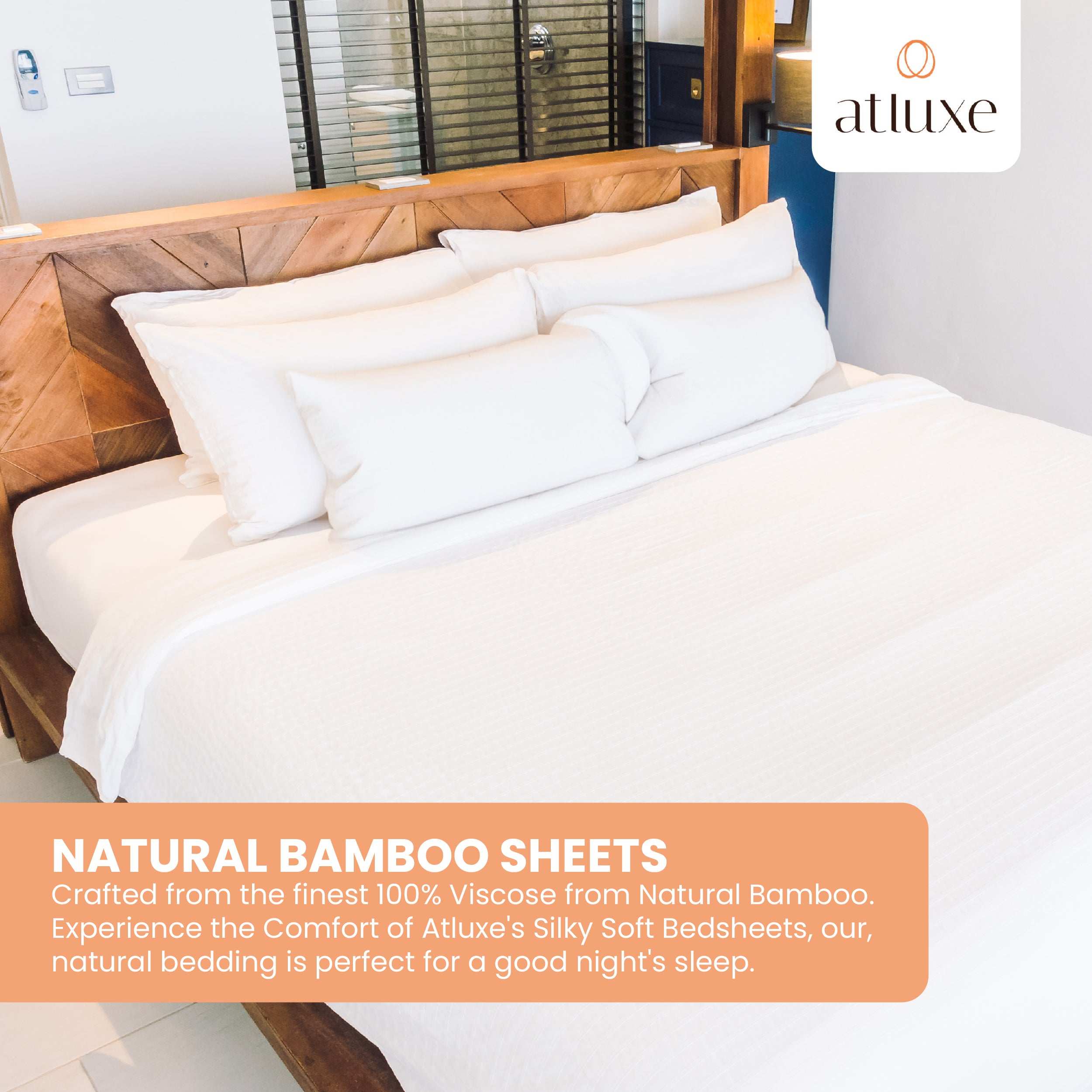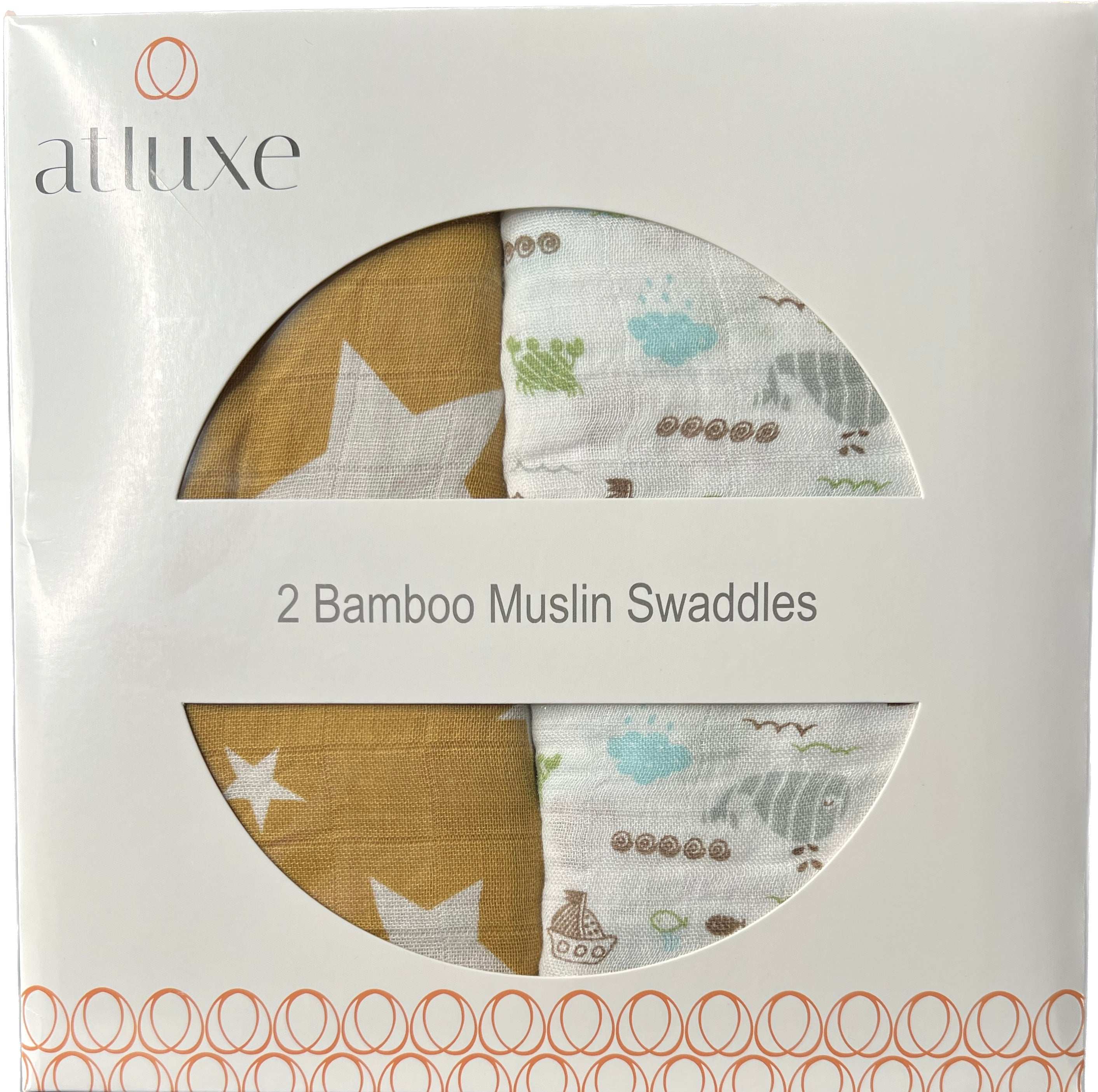In our quest for a peaceful night’s sleep, the materials we choose can make all the difference. Sustainable materials not only provide comfort but also support our planet. In this article, we will explore a variety of eco-friendly options that promote gentle sleep solutions, ensuring both your well-being and that of the environment.
1. Organic Cotton for Softness and Breathability
Organic cotton is celebrated for its exceptional softness and breathability, making it a favored choice in bedding. Unlike conventional cotton, which is often treated with harmful pesticides and chemicals, organic cotton is grown using sustainable practices that are kinder to the environment. This not only helps protect our ecosystems but also results in a healthier product for your skin.
One of the standout features of organic cotton is its hypoallergenic properties. For those who suffer from allergies or skin sensitivities, organic cotton can be a game-changer, providing a gentle touch that minimizes irritation. The natural fibers allow for excellent air circulation, which helps regulate your body temperature throughout the night, creating an optimal environment for gentle sleep solutions.
Additionally, the production of organic cotton uses significantly less water than conventional methods. This reduction in water usage is a crucial factor in combating the global water crisis, making every choice of organic bedding a step towards sustainability. Choosing organic cotton not only enhances your comfort but also contributes to a larger movement for environmental health.
2. Bamboo: Nature’s Sustainable Wonder
Bamboo is often hailed as nature’s sustainable wonder, and for good reason. This fast-growing plant requires minimal water and no pesticides, making it a fantastic eco-friendly material. Bamboo fibers are soft and silky, providing a luxurious feel that’s perfect for slumber. Its natural properties allow for breathability, moisture-wicking, and temperature regulation, which are vital for achieving gentle sleep.
What sets bamboo apart is its innate antibacterial quality. This means that your bedding will stay fresher for longer, resisting odors and reducing the risk of allergens in your sleeping environment. Furthermore, bamboo is biodegradable, adding to its appeal as a sustainable choice. When it’s time to retire your bamboo sheets, you can do so knowing that they will break down naturally without harming the planet.
Incorporating bamboo into your sleep solutions not only enhances your personal comfort but also reflects a holistic respect for the environment. By using products made from bamboo, you’re participating in a cycle of sustainability that prioritizes both your health and the health of our planet. It’s a simple choice that can lead to profound benefits.
3. Hemp Fabric: Durability Meets Comfort
Hemp fabric is an underrated gem in the world of sustainable materials, offering both durability and comfort. Hemp grows quickly and requires far fewer resources than many traditional crops, making it a resilient and environmentally friendly option. The fibers are not only incredibly strong – they can withstand years of use – but they also soften with each wash, providing an increasingly luxurious sleeping experience.
One of the benefits of hemp fabric is its breathability, which allows air to circulate freely. This property helps maintain a comfortable sleeping temperature, whether you find yourself tossing and turning or resting peacefully. Plus, hemp’s natural resistance to mold and mildew ensures that your bedding remains fresh and clean through countless nights of use.
Moreover, hemp is a biodegradable material that contributes positively to the environment. When you choose hemp fabric, you’re opting for a material that not only considers your comfort but also takes a stand against pollution and waste. It represents a promise of durability that extends beyond your immediate sleeping needs and addresses the longevity of our planet.
4. Linen for Cool and Cozy Nights
Linen is a natural fabric derived from the flax plant, known for its ability to keep you cool in the summer and cozy in the winter. This unique characteristic makes linen a versatile choice for any season, adapting to changing temperatures while providing unparalleled comfort. The fibers of linen are breathable and moisture-wicking, drawing away sweat to keep you dry throughout the night.
Another fascinating aspect of linen is its texture. The slightly rough feel of linen may not be what some expect from luxurious bedding, but it breaks in beautifully over time, becoming softer and more inviting with each wash. Many people find that the unique texture of linen enhances their overall sleep experience, contributing to a gentle night’s rest.
Importantly, linen is also an eco-friendly option, as it requires little use of pesticides and synthetic fertilizers in its cultivation. When it reaches the end of its life cycle, linen is fully biodegradable, returning to the earth without leaving harmful residues. By choosing linen for your sleep environment, you create a serene space while embracing sustainability.
5. Tencel: The Eco-Friendly Bedding Champion
Tencel, derived from sustainably sourced wood pulp, has quickly gained recognition as an eco-friendly bedding champion. This innovative material stands out because it’s produced in a closed-loop process that recycles water and solvents, minimizing waste and environmental impact. Tencel fibers are incredibly soft, often compared to silk, which makes them ideal for an indulgent sleep experience.
The moisture management properties of Tencel are noteworthy as well. Its ability to absorb moisture away from the skin ensures that you stay comfortable throughout the night, preventing the clinging sensation of sweat. This aspect makes Tencel sheets an excellent choice for those who experience night sweats or simply want to enjoy a cooler sleep environment.
In addition to comfort, Tencel is also naturally hypoallergenic and resistant to bacteria, making it a smart choice for allergy sufferers. The smooth surface of the fabric provides fewer places for dust mites and other allergens to thrive, leading to a cleaner, more restful sleeping space. Embracing Tencel as part of your bedding collection equates to prioritizing both your health and the planet’s well-being.
6. Wool: Natural Insulation for Comfort
Wool is often overlooked in the realm of sustainable sleep solutions, but its natural insulation properties make it a wonderful choice. Wool fibers are uniquely structured to trap air, providing excellent temperature regulation. Whether it’s a chilly winter night or a warm summer evening, wool bedding can help you maintain a comfortable sleep temperature, which is essential for quality rest.
In addition to its thermal regulation, wool is also inherently moisture-wicking, allowing it to absorb and release moisture without feeling wet. This quality helps keep you dry and comfortable throughout the night, contributing significantly to a gentle sleep environment. Furthermore, wool has a natural resistance to dust mites and mold, making it a great option for those with allergies.
Choosing wool for your bedding is also a sustainable decision. Sheep farming can be managed responsibly, and wool is both renewable and biodegradable. By selecting wool products, you invest in a material that aligns with eco-conscious values without sacrificing comfort or quality – a perfect balance for a restorative sleep.
7. Recycled Materials: A Step Towards Sustainability
Recycled materials are becoming increasingly popular in the world of bedding, representing a significant step towards sustainability. From recycled polyester made from plastic bottles to upcycled cotton fabric, these materials reduce waste and lessen our reliance on virgin resources. This innovative approach not only helps to divert materials from landfills but also contributes to a circular economy.
Using recycled materials in sleep solutions also leads to unique and colorful bedding collection options. Due to the diversity of materials recycled, each piece can possess distinct aesthetics, adding character and charm to your bedroom while promoting a sustainable lifestyle. This blend of functionality and beauty makes recycled bedding an appealing choice for eco-conscious consumers.
Moreover, the production of recycled materials generally requires less energy than manufacturing new materials. This reduced carbon footprint is a crucial factor in combating climate change, showcasing how our choices can have a wide-reaching impact. Every time you choose products made from recycled materials for your sleep space, you participate in making a more sustainable future.
8. Silk: Luxurious Yet Eco-Conscious
Silk is often associated with luxury, but it can also be an eco-conscious choice if sourced responsibly. Traditionally, silk production involved certain ethical concerns, but the rise of organic and peace silk farms has transformed it into a sustainable option. Silk’s smooth texture and natural sheen make it incredibly desirable, enhancing the sleep experience with a touch of indulgence.
Beyond its luxurious feel, silk offers practical benefits as well. It has natural temperature-regulating properties, helping to keep you warm in winter and cool in summer. Additionally, silk is hypoallergenic and resistant to dust mites, making it an ideal choice for those with sensitive skin or allergies. This combination of luxury and functionality elevates your sleep experience while remaining gentle on the environment.
When you incorporate silk into your bedding, you’re not just indulging in comfort – you’re also making a conscious choice for sustainability. By selecting silk sourced from responsible producers, you contribute to a more ethical fashion industry while enjoying the countless benefits this beautiful material has to offer. Silk is more than just a luxury; it’s an investment in both your comfort and the planet’s future.







Leave a comment